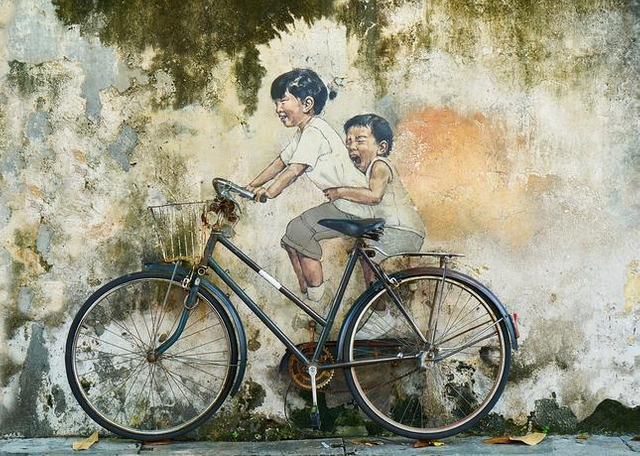Freedom trains the will of the child

The purpose of the child's education is to make it able to develop without the help of the teacher "- thought of Elbert Hubbard (American writer, businessman, publisher, artist, and philosopher).
The Italian pedagogue Maria Montessori applies her method of educating children, based precisely on this thought. The emergence of the drive to develop, gain experience and self-awareness among young children is obvious. Perhaps it is better for the adult not to go against nature, but rather to follow it, helping the child to perfect himself.
In the notion of discipline, Montessori employs self-control as an inner skill to find the balance between what is good for you and what is good for others, that is, the ability to self-control. Such activity, which is controlled and regulated by the child himself, and implies actions that he/she determines only and not the pedagogue.
Montessori considers freedom as protection of the child's rights to individuality, to adopt a self-decision. Every child is perceived as a person who has the right to own opinion. In addition, freedom is necessary to form a deliberate obedience, which is chosen voluntarily and not necessarily. Which leads to the following conclusion - freedom exercises the will of the child.
Strong will and self-control make it possible to talk about freedom as a high sense of responsibility towards yourself, others and the group as a whole. Every human being has within himself the natural need to develop and cultivate himself. Montessori builds a comprehensive science-based education system that responds to this need.
It is based on the belief that within the human being there is a huge untapped potential that can be fully expressed in a suitable environment and a different educational approach by the teacher. This helps the person to maximize their potential. Children who have been given the right support during these formative years growing up as independent, motivated, and curious individuals who can think critically and creatively.
Children are given the freedom to develop according to their own unique pace and as a result are able to reach each stage of development as well as when they are ready. Actively involved in their own development, they grow up confident, socially aware, empathetic adults who are contributing members of society.
Montessori advises not to teach the child but to preserve his natural motivation to learn the world around him, saying that the greatest success of the educator lies in his ability to awaken the memory of the soul and to help recall the knowledge and the tasks that the child has already brought with him at birth, as well as maintaining his striving to be an independent and responsible student for the rest of his life.
She thinks about how she can get to know the child if she automatically performs only the things the teacher prescribes. Under such conditions, children have no opportunity to express themselves, so it is impossible to get to know the true nature of their successful training. Montessori believes in the inner wisdom of the child that it is a particular being capable of enriching the adult, making it better, the adult to learn from it.
Much love - Krisii
source: http://www.highviewart.com
Images from pixabay.com
wow so nice post vote me please thanks
@originalworks